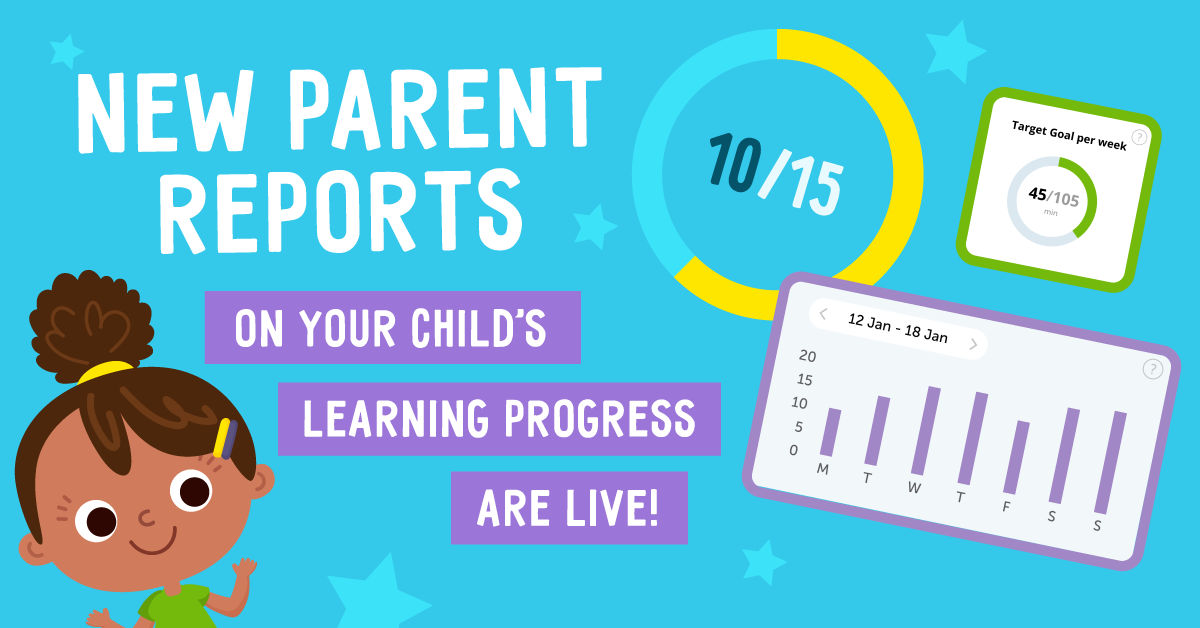Fine motor skills development Normal Worksheets for Ages 4-6
7 filtered results
-
From - To
Enhance your child's fine motor skills with our collection of engaging worksheets designed specifically for ages 4-6. These thoughtfully crafted activities focus on activities such as tracing, cutting, and coloring, helping to improve hand-eye coordination, dexterity, and concentration. Our fine motor skills development worksheets offer a fun and entertaining way for young learners to practice essential skills needed for writing and everyday tasks. Easy to print and use at home or in the classroom, these resources provide a well-rounded approach to early childhood education. Foster growth and creativity while setting a strong foundation for your child's learning journey!
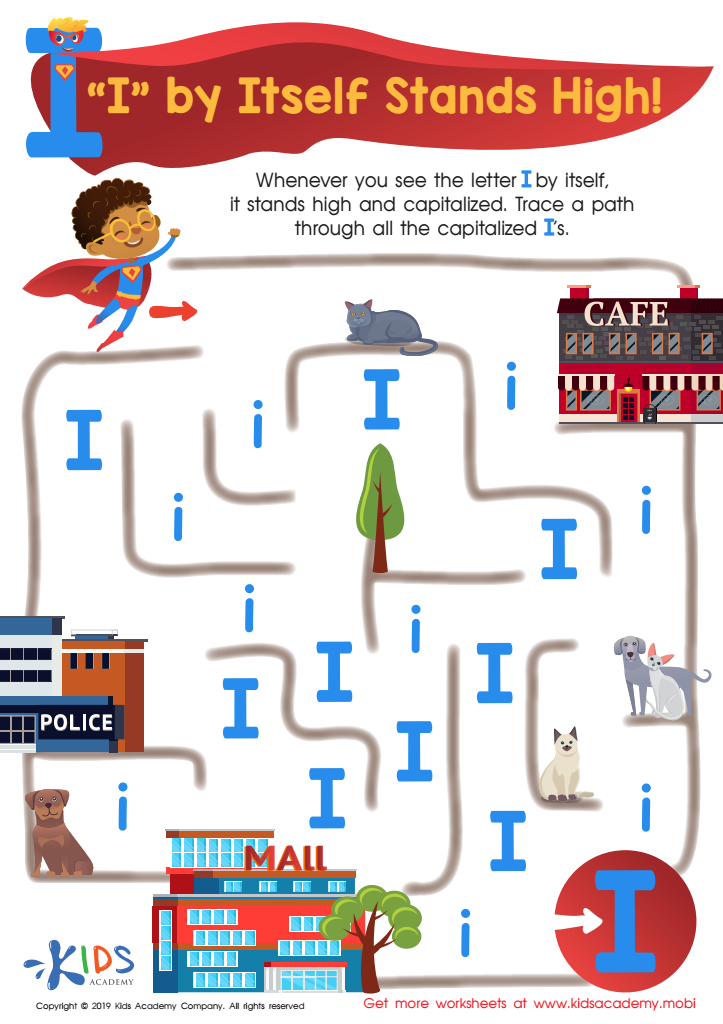

I Stands High Worksheet
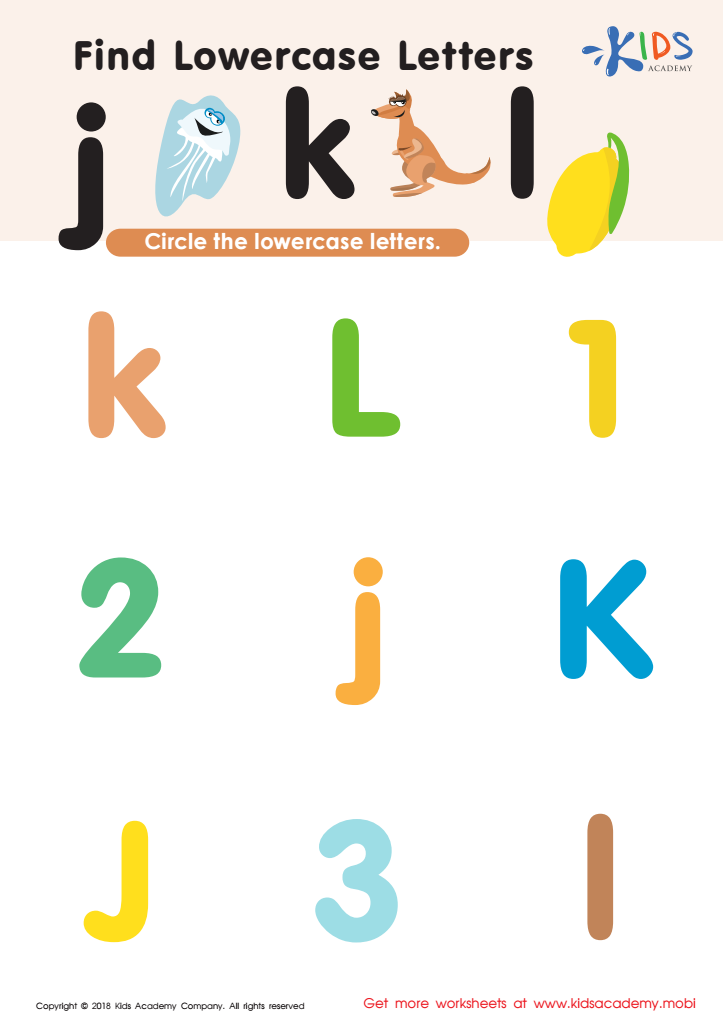

Find Lowercase Letters j k l Worksheet
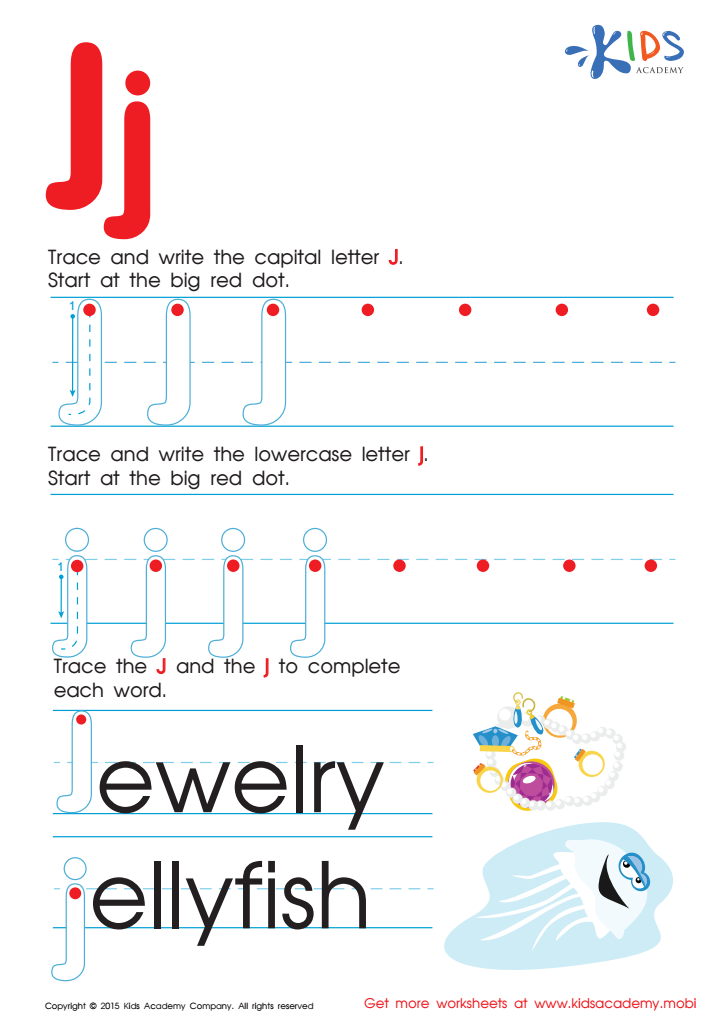

Letter J Tracing Page
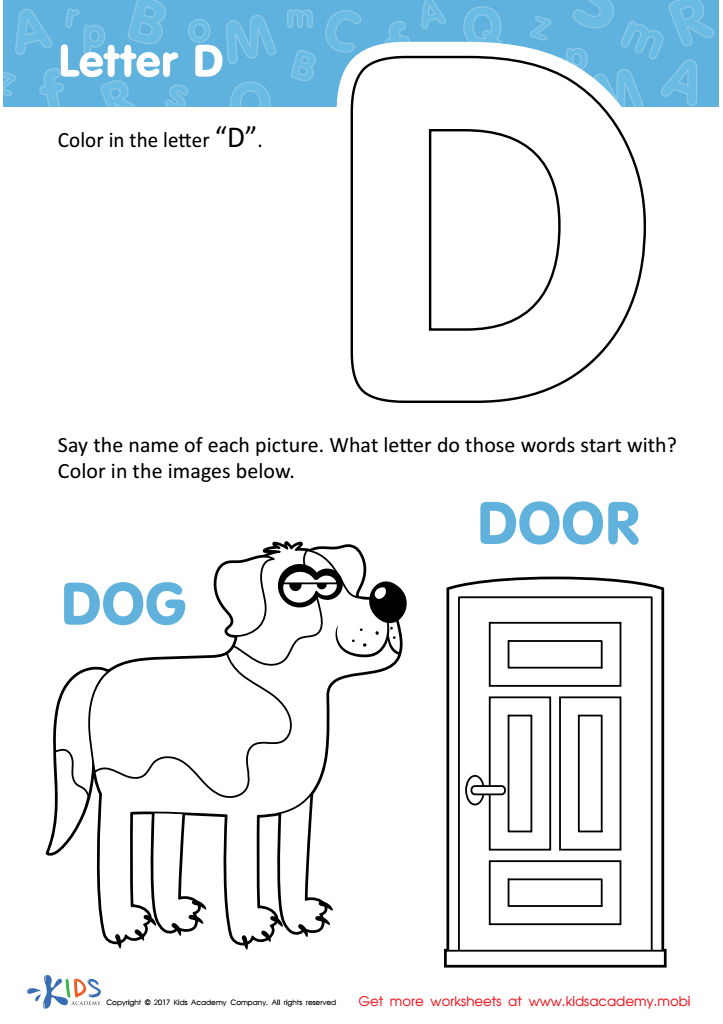

Letter D Coloring Sheet
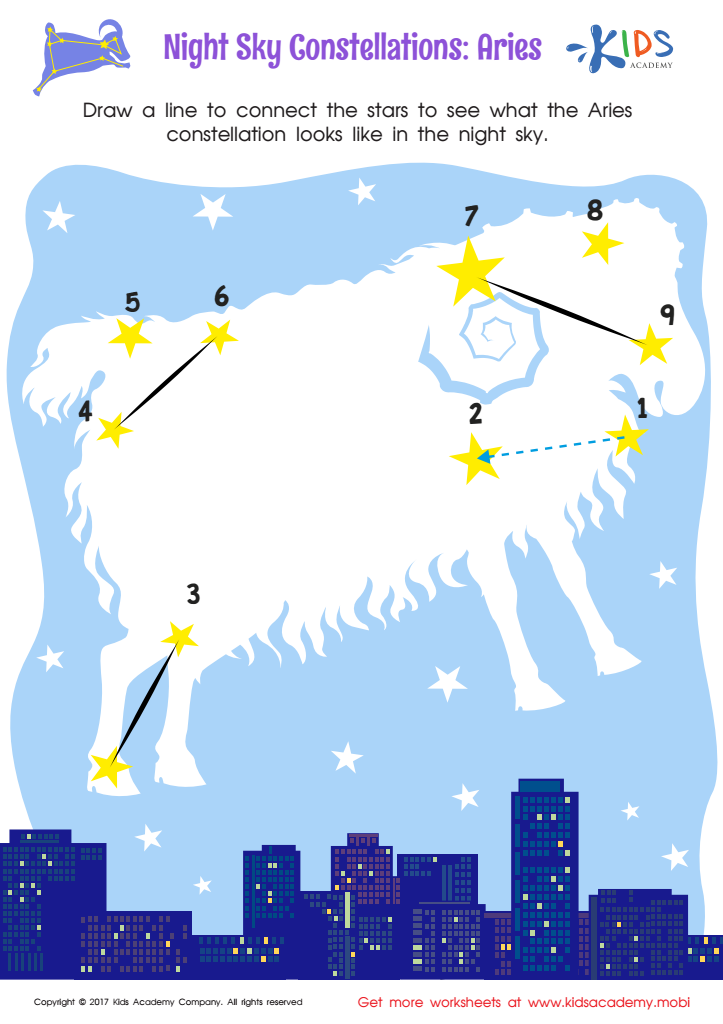

Night Sky Constellations: Aries Worksheet
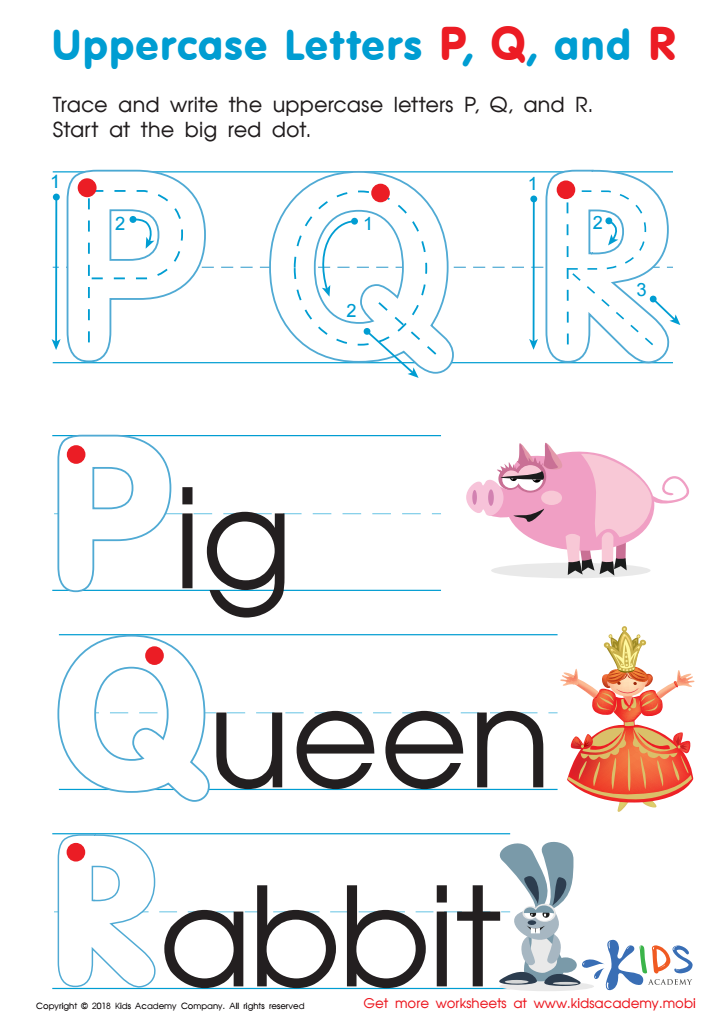

Uppercase Letters P, Q, and R Worksheet
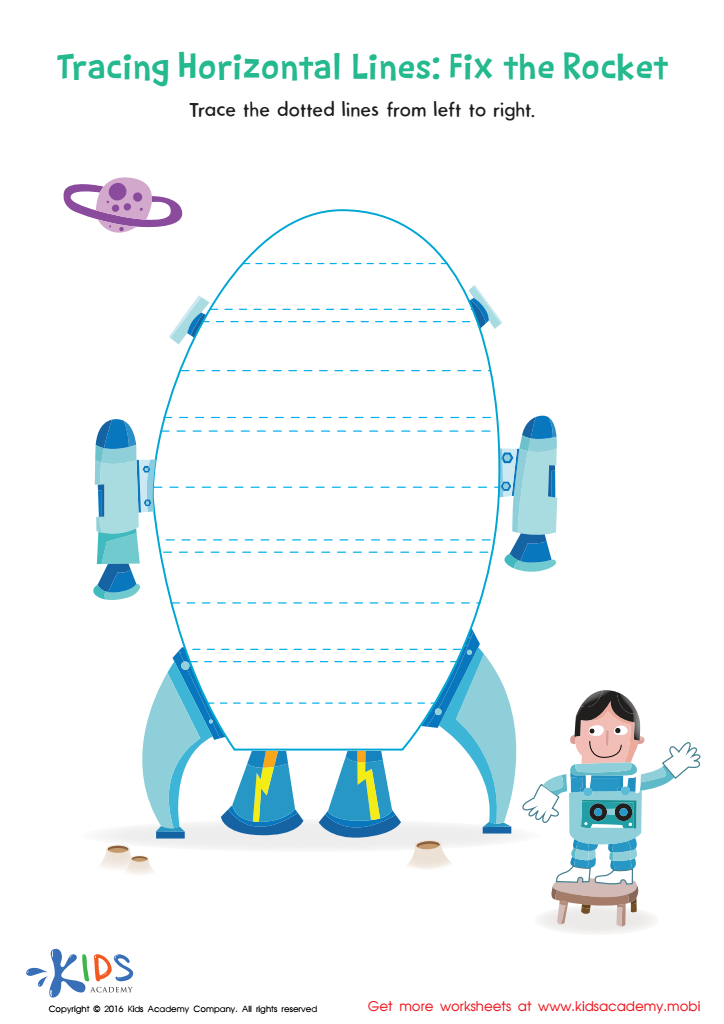

Tracing Horizontal Lines Worksheet
Fine motor skills development in children aged 4-6 is crucial for several reasons, making it essential for parents and teachers to prioritize this aspect of growth. During these formative years, children improve their ability to control small muscles in their hands and fingers, fostering skills like grasping, pinching, and manipulating objects. These skills lay the groundwork for daily activities, such as dressing, eating, and writing.
Developing fine motor skills also enhances cognitive abilities, as children engage in problem-solving and creativity through activities like drawing, cutting, and building with blocks. Mastery of these skills promotes independence and boosts self-esteem, as children gain confidence in their ability to complete tasks on their own.
Additionally, fine motor skills are linked to a child’s academic performance, especially in reading and writing. Teachers can incorporate engaging activities like crafting, puzzles, and games that focus on these skills to foster an inviting learning environment.
Parents can support this development at home through simple activities such as lacing beads, playing with playdough, or gardening. Overall, by promoting fine motor skills, parents and teachers empower children to navigate their world more effectively, setting a solid foundation for future learning and personal success.
 Assign to My Students
Assign to My Students



.jpg)
